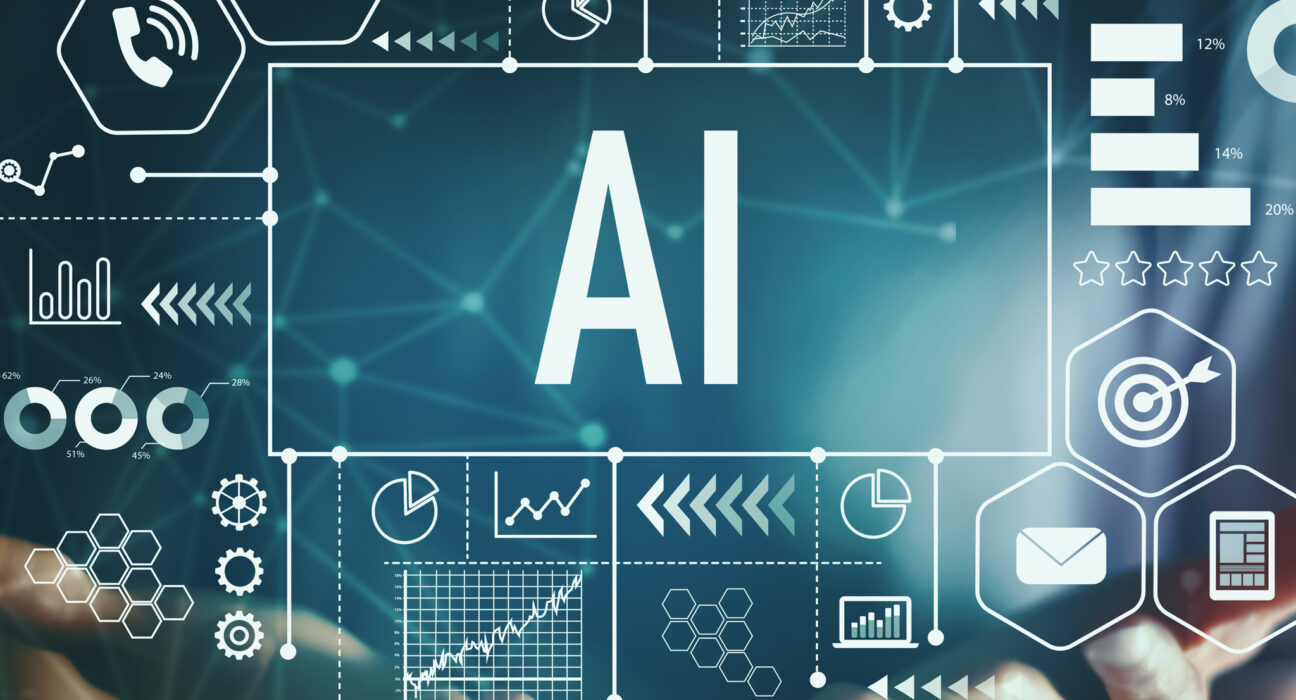Artificial intelligence (AI) has long been a transformative force in various industries, from healthcare to finance. Now, it seems that AI is poised to revolutionize the field of mathematics as well. Imagine a future where complex mathematical problems are solved not just by human minds but also by intelligent machines.
In recent years, AI has shown remarkable progress in handling mathematical research tasks. Prominent mathematicians are increasingly optimistic about the potential of automated tools to assist in proving theorems and solving intricate mathematical puzzles. The capability of AI in this domain is advancing rapidly, raising exciting possibilities for the future of mathematics research.
At a conference held at the University of Cambridge, around 100 leading mathematicians explored the intersection of AI and mathematics. The central theme revolved around leveraging computers to aid mathematicians in verifying the correctness of their proofs. This process, known as formalization, is crucial in ensuring the accuracy and validity of mathematical arguments.
One fascinating aspect that emerged from the conference was the discussion on whether computers could help resolve longstanding issues related to proof verification. While previous meetings on similar topics did not focus on AI explicitly, this gathering highlighted a shifting paradigm where AI technologies could play a pivotal role in enhancing mathematical practices.
As experts delve deeper into this integration of AI into mathematics, there is growing speculation about how these technological advancements will shape future research methodologies. Some mathematicians believe that AI’s ability to analyze vast amounts of data and identify intricate patterns could lead to breakthroughs in areas that have remained unsolved for decades.
One mathematician remarked enthusiastically about this potential shift:
“AI has opened up new avenues for exploration within mathematics that were previously unimaginable. It’s like having an infinite reservoir of computational power at our fingertips.”
The prospect of utilizing artificial intelligence to tackle complex mathematical challenges has sparked both excitement and debate within the academic community. While some researchers view AI as a powerful ally that can accelerate progress and innovation in mathematics, others raise concerns about reliance on automated systems and potential biases inherent in algorithmic decision-making processes.
Despite these discussions, there is consensus among many experts that embracing AI in mathematics could lead to significant advancements in theorem proving, problem-solving techniques, and overall mathematical discovery processes. The landscape of mathematical research is evolving rapidly with technology playing an increasingly integral role in shaping its future trajectory.
As we stand on the cusp of an era where artificial intelligence stands poised to redefine traditional approaches to mathematics, one thing remains clear – the synergy between human intellect and machine learning capabilities holds immense promise for unlocking new frontiers in mathematical exploration.

